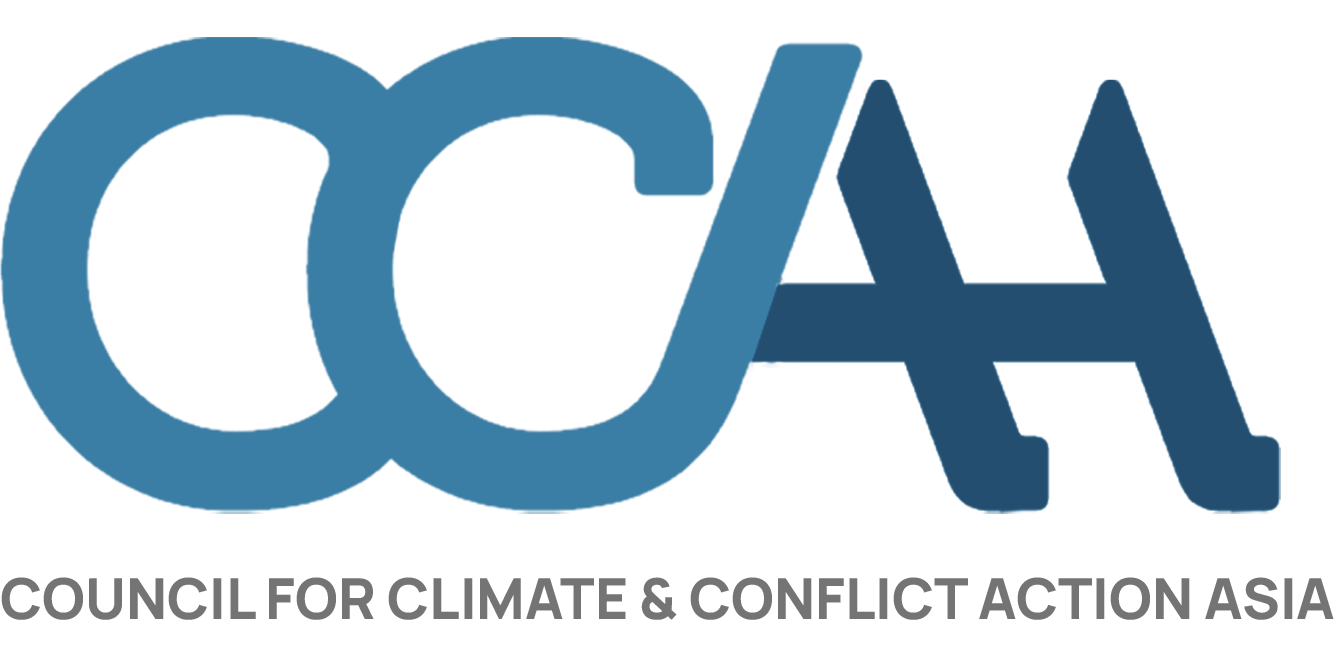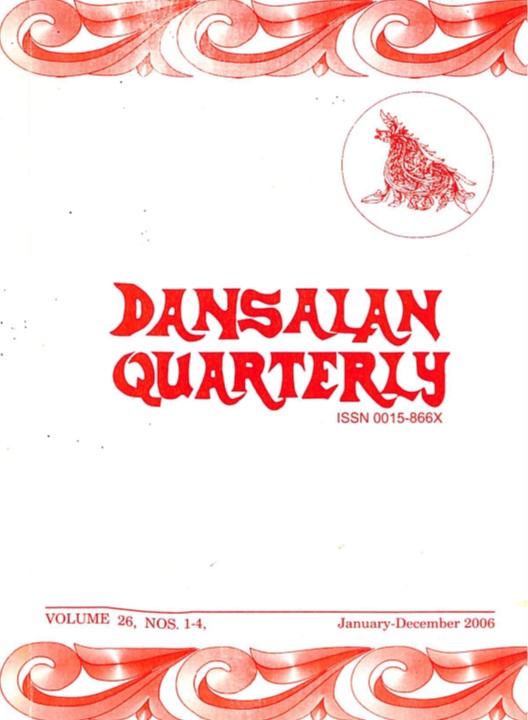January-December 2006 Vol. 26, Nos. 1-4
10 July 2022 Dansalan Quarterly
Written by Juvanni Caballero, this issue endeavors to analyze Maranao nationalism and collaboration using the cases of agama and the Maranao constables. It starts with the presentation of the different schools-of-thought in nationalism and nation, particularly the modernist school-of-thought and the perennialist school-of-thought. Then, adopting the perennialist framework, the author sets out to define “nation'' as an evolving concept shaped by time and historical circumstances. It afterwards examines the traditional concept of the Maranao bangsa, which emerges to be the agama. It then finds Maranao nationalism would mean the idea, sentiment, and act of promoting or serving the interest of one’s own agama. In relation to this, Maranao collaboration would mean the act of cooperating with the occupying enemy in subjugating his own Agama to satisfy a personal interest. Caballero also analyzes the interests of the agamas. Some agamas considered national pride, honor, and dignity as the most vital interest, while others gave more weight on survival as primary concern. The author mentions how others resisted, thinking that it was the best way to preserve their religion and traditions, while others saw opportunities to increase prestige, power, and economic advancement through the Moro constabulary–defined by Caballero as a very efficient armed organization created and organized by the Americans, with the bulk of its enlisted strength being composed of Moros trained to become police-soldiers and armed to fight their recalcitrant co-religionists.
Please email dansalan.quarterly@dcfi.edu.ph to request a copy of the issue.

